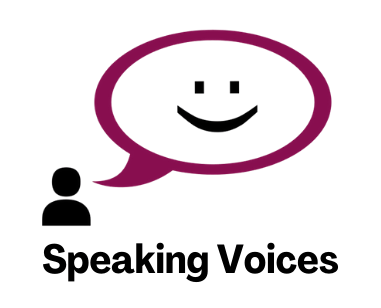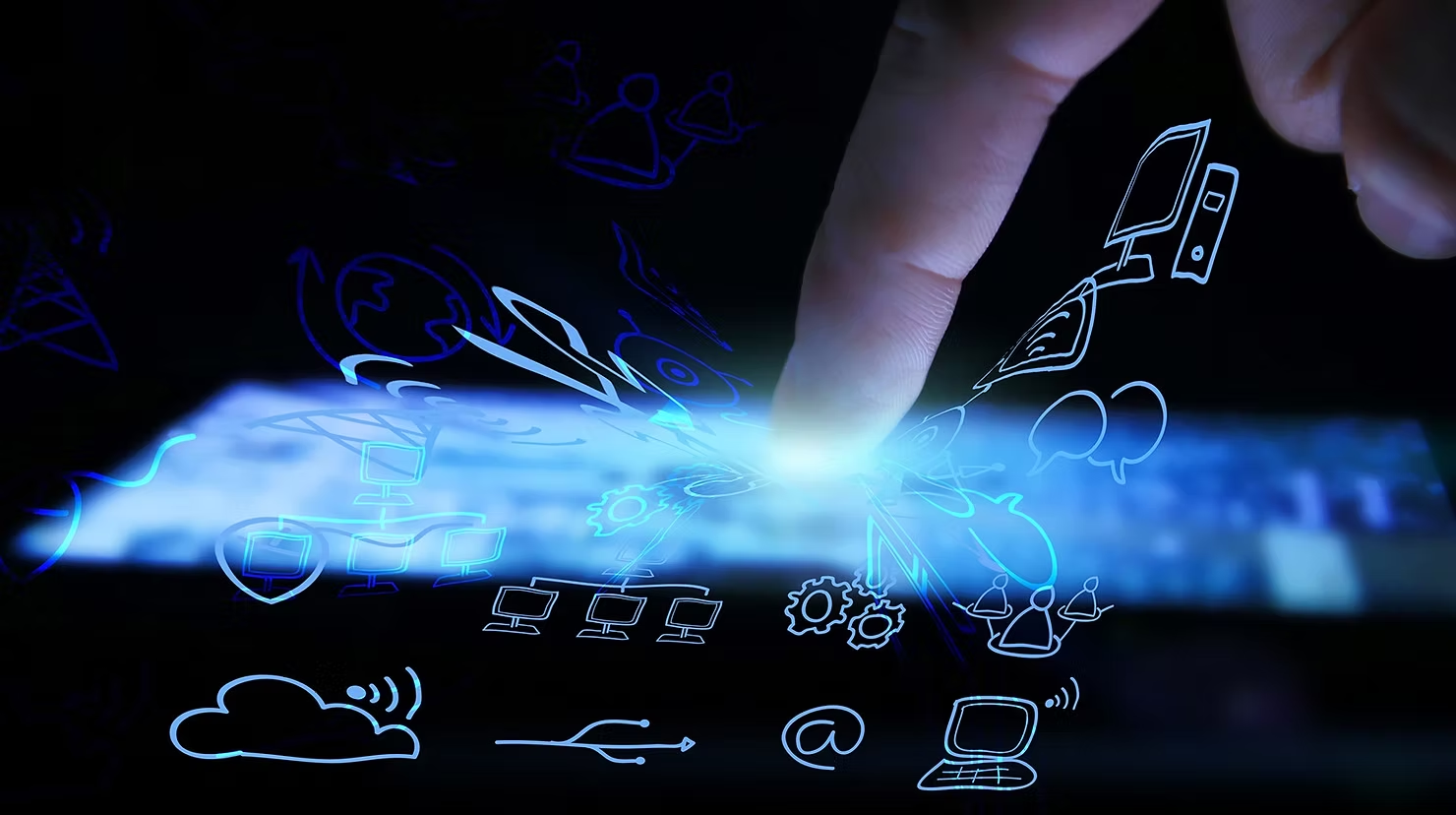Over the past 18 months, the use of social media has soared with increase of 2.3 million new social media users which equates to 77.9% of the total population using social media in the UK. Social media has profoundly changed the way we communicate, and in lockdown the average screen time rose to 6 hours and 55 mins per person. Social media does not only include the main social networks with the likes of Facebook, Twitter and Instagram, in fact there are 6 other types of social media as well. Other social media platforms also include Pinterest, Youtube, Tumblr, Reddit and even TripAdvisor.
It is all well and good using social media in our day to day lives, but we will be discussing whether the use of social media helps or hinders our ability to communicate, both the positive and negative effects of social media. We will be exploring the different types of communication on social media but also the way social media affects different age groups. Let’s dive into the impact of how social media affects the different ages from young children all the way to adults.
The Social Media Impact For Babies And Children
Having worked as a primary school teacher, I know first-hand how important the first 5 years of a child’s development is. In the last few years, I have seen more and more babies and children with a screen in front of them when they are out and about and when they are eating. So what happens in the first 5 years of their development? In the first 5 years, the babies and young children learn to develop their verbal and non verbal skills through play and interaction with other humans. They also learn about their own behaviour and begin the inquisitive process which is part of their cognitive development.
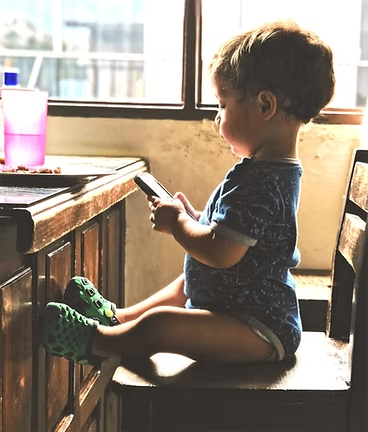
But does having a screen in front of babies and children, whether they are watching educational TV programmes on Youtube or playing games, affect their communication skills? There are some benefits of watching educational TV “to help toddlers with their language development, shape and colour recognition, numeracy and literacy.” But there are no set guidelines for the recommended screen time for babies and young children, it is up to the discretion of each family. According to the RCPCH, “there is not enough evidence to confirm that screen time is in itself harmful to child health at any age, making it impossible to recommend age appropriate time limits.”
On the other hand, the NHS and NICE do recommend 2 hours a day for all children. Any more than the recommended screen time for babies and children can lead to an increase in health issues, such as obesity and diabetes as well as a decrease in the amount of sleep. Not only does excessive screen time delay brain development, but also “children reported lower levels of self-worth and self-esteem, and more anxiety and depression.” The correlation between screen time in babies and young children is still currently under extensive research. Therefore, we cannot conclusively state whether social media affects babies and young children’s ability to communicate.
The Social Media Impact For Teenagers and Young People
Most schools now have laptops, computers and ipads for children to use in lesson time to help with their education and all teenagers these days have been born with modern technology around them. It is unsurprising to hear there have been debates of how social media has a negative impact on teenagers and young people. And although schools do teach children to be safe online, there will be some teenagers who fall under the radar of using social media such as accessing explicit content that is not relevant for their age or worse being addicted to social media and affecting their mental wellbeing.
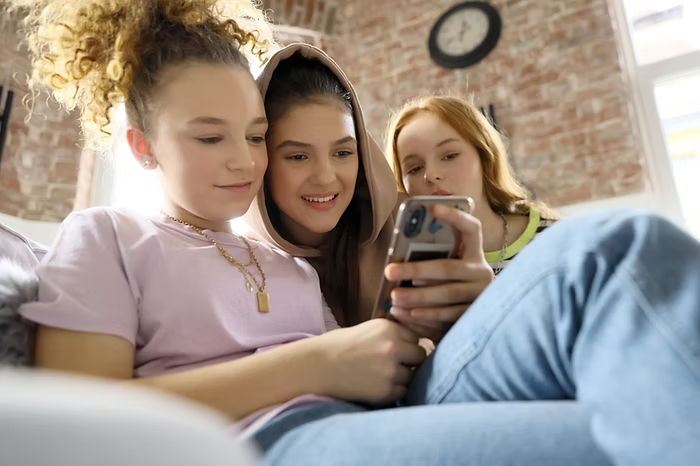
Aside from the dark web and the dangers of social media, there are positive benefits to social media which enable teenagers to express themselves. Social media can be an empowering tool for teenagers to communicate with others and to be able to voice their opinion. The influence of social media and the way teenagers use social media can be a huge advantage, not only for their self esteem but it’s a vehicle for them to find their own identity.
Teenagers and young people are able to use social media platforms to blog or comment on their own daily lives which is a great way to inform their friends and family. Every action and event can be recorded, it can be through live streaming in the moment or pre-recorded videos which can be on repeat. They can gain inspiration from other people’s posts, videos and live streams building their social network and developing their own social relationships with strangers they’ve never met. On social media, it is instant
interactions and reactions, each like each comment gives the user instant verification and gratification, giving the brain “a “hit” of dopamine”.
Users are able to communicate via emojis and gifs which gives the exact representation of how they might be feeling allowing teenagers to show their fun side through social media. Sharing their thoughts and finding common interests with others, demonstrates the personality of the person online. Social media is a great place for teenagers and young people to put a stamp on their own personal identity through an online presence in the online community.
The Social Media Impact For Adults
In today’s society, social media is an easy way to access new and the most latest information. There are “45% of adults who consume news via social media” according to the Ofcom 2020 News Consumption report. Facebook, Twitter and Instagram are the top 3 social media platforms for adults consuming their daily news. As a society, there is an increase of knowledge and awareness of what is happening in the world around us. From sharing a special wedding event that they have attended to a livestream of the next NASA’s launch, people have a lot to say no matter what the subject.
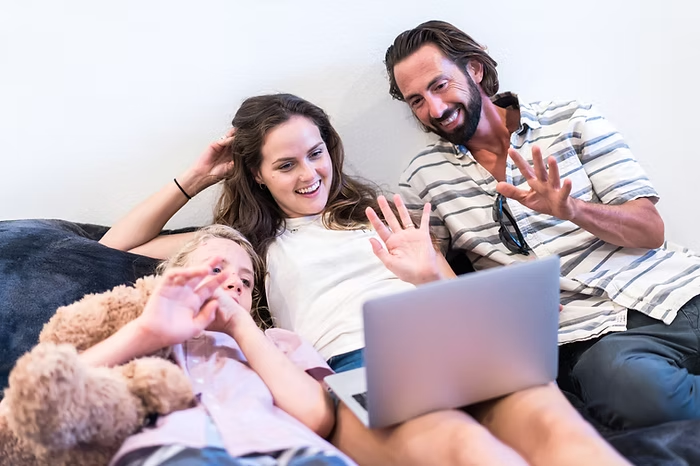
With over 2 billion users each on Whatsapp, Youtube and Facebook, people are taking advantage of social media allowing them to engage a wider audience. Users can share content online with their friends and their other friends are able to see the content and before you know it, the post or video has gone viral in a matter of days. Whilst we can use social media to keep in touch with friends and family, it is just as important as making friends in our local community. Users are able to tag people they know in photos and use hashtags to find related topics they are interested in.
On social media, platforms such as Facebook offer the users to set up their own groups, the users are able to connect and reach out to their local community for help, most businesses and charities tend to have a website and phone number on their social media page within a click of a button, building up a sense of trust and relationships. Users can initiate questions for recommended places to eat out or the best dentist in their local area. Users can even buy and sell their unwanted items or promote their services. The online presence of social media can give people a voice, it can motivate them, guide them and make them feel part of something bigger.
My Opinion About Social Media
As a voice coach, I see social media is an extra tool to help us communicate, a new and vital method of communication. We don’t need the person physically next to us to communicate with them. We are able to video call them, email them, message them in a variety of ways that suits each individual. Communicating has never been easier and there are tools to see if the person has read the message we’ve sent them, which is always handy when you want an instant reply. Although, nowadays when people don’t receive an instant reply, waiting longer than 1 day for a reply can seem like an agonising wait for some people and is even considered as being rude.
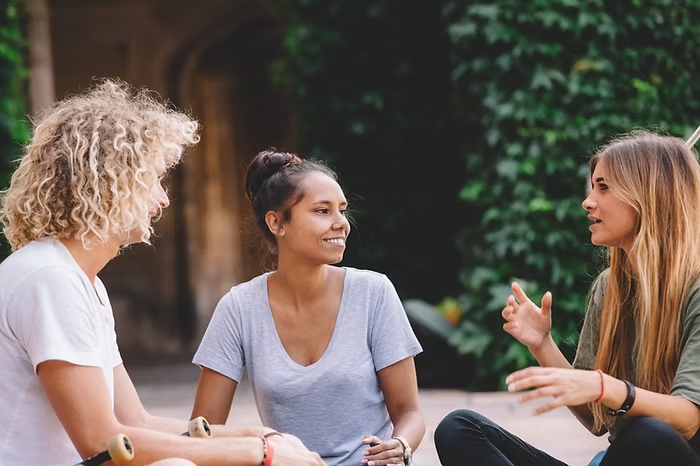
However, communicating online will never reach the same standard as communicating in person. We do need to be wary of the lazy language of social media, using emojis, gifs and acronyms such as LOL, TGIF and OFTD. Due to the quick instant communication online, I feel that these short abbreviations affect how we communicate in the real world, when we are speaking face to face with other people. Twitter posts are only 280 characters and Instagram stories, their videos are only 15 seconds.
We are cramming in more information, but the mediums are getting shorter and shorter. Our attention spans are getting shorter and we lose the sense of the English language but gain a new language of the social media world. Social media messaging platforms also have AI (artificial intelligence) responses, where users can press a button to send a quick automated generated message that’s most suited to the other person’s question or comment. Users now don’t have to type what they need to say and the users behind the screen don’t need to speak.
Face to face interaction and being able to create deep meaningful conversations is what drives communication, the real need for human interaction which social media does not provide. There is no room for ad lib, or any improvisation. Text can be typed and erased or deleted. Jokes and sarcasm are not always portrayed correctly leading to miscommunication as there is no tone and expression of how the words are said and each person interprets the words in their own way.
The world of social media is constantly changing, with new layouts and updates to their policies, but I feel social media now is much more than a communication tool. If we use social media in the right way, it can help us understand what we don’t know, nurture our curiosity, and share our thoughts and feelings to the world. But speaking in public is an art, a skill that many people will lose if they always choose to continue communicating via social media.
For more guidance on FREE public speaking tips download our guide here or to learn the true art of public speaking, visit our Speak In Public course here.
Find us on Facebook, Instagram and Linkedin.
Thank you for reading this article, if you want to support me, consider leaving a tip to help me create more content like this. Every tip helps me enhance my blog and bring you more insights, tips, and stories! https://paypal.me/emilylee1329
